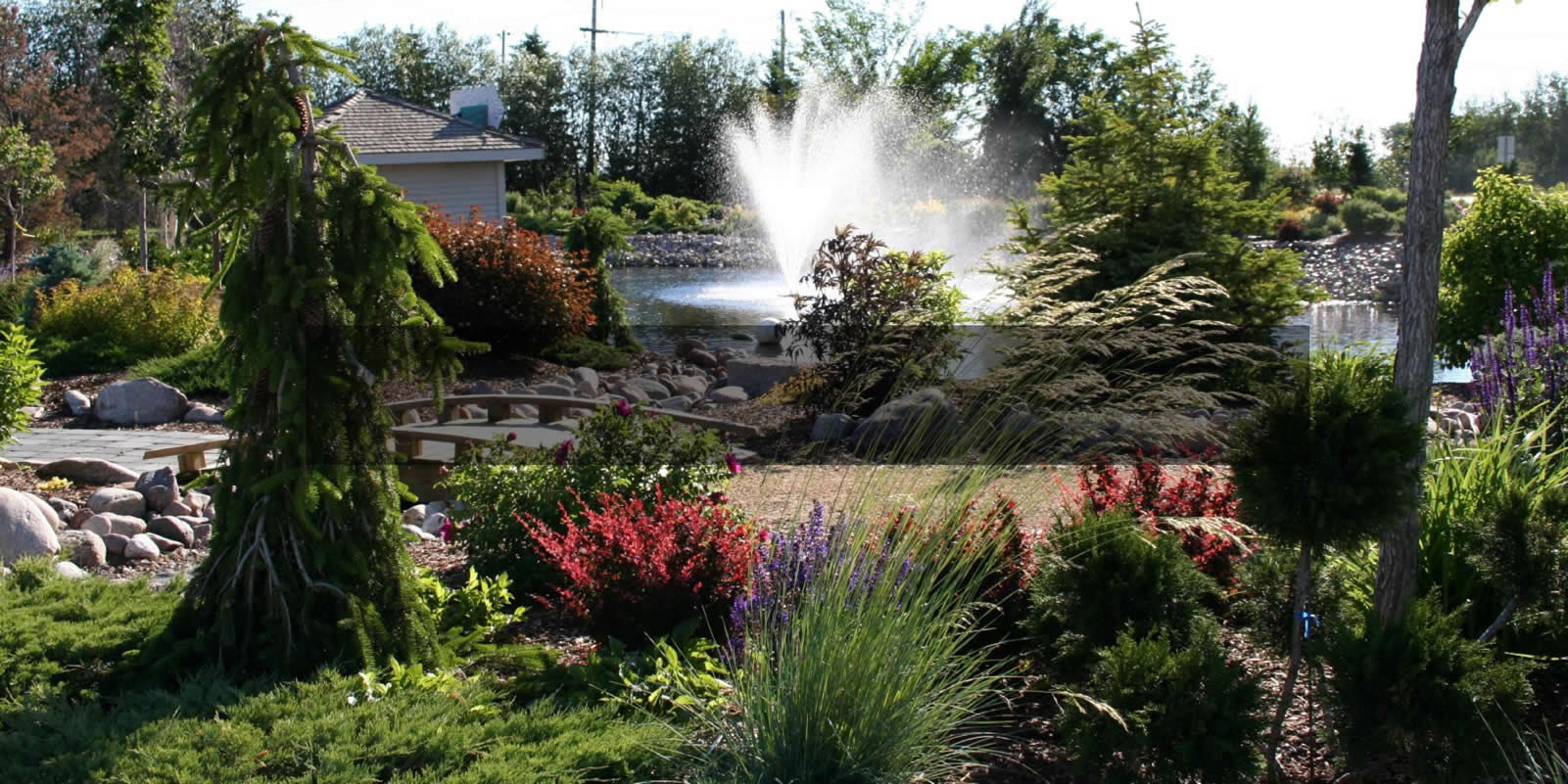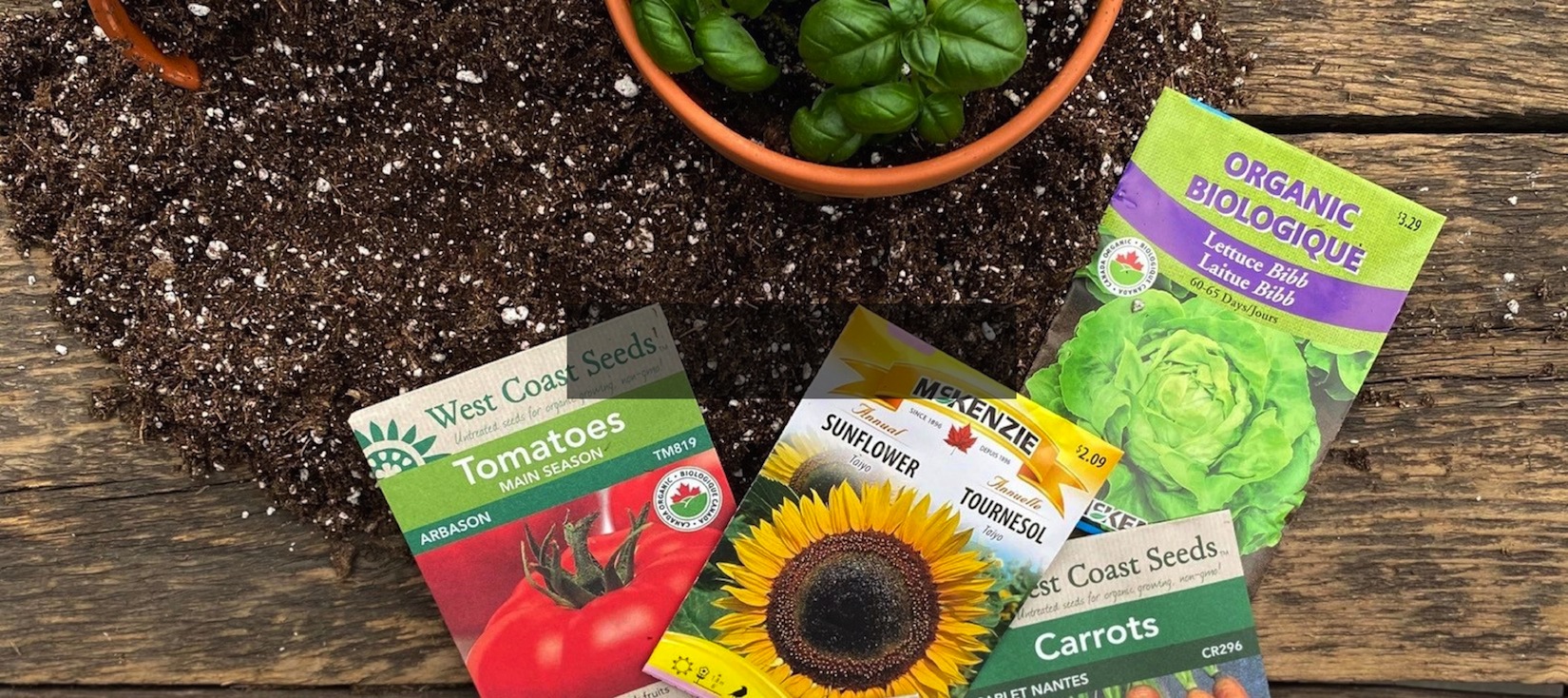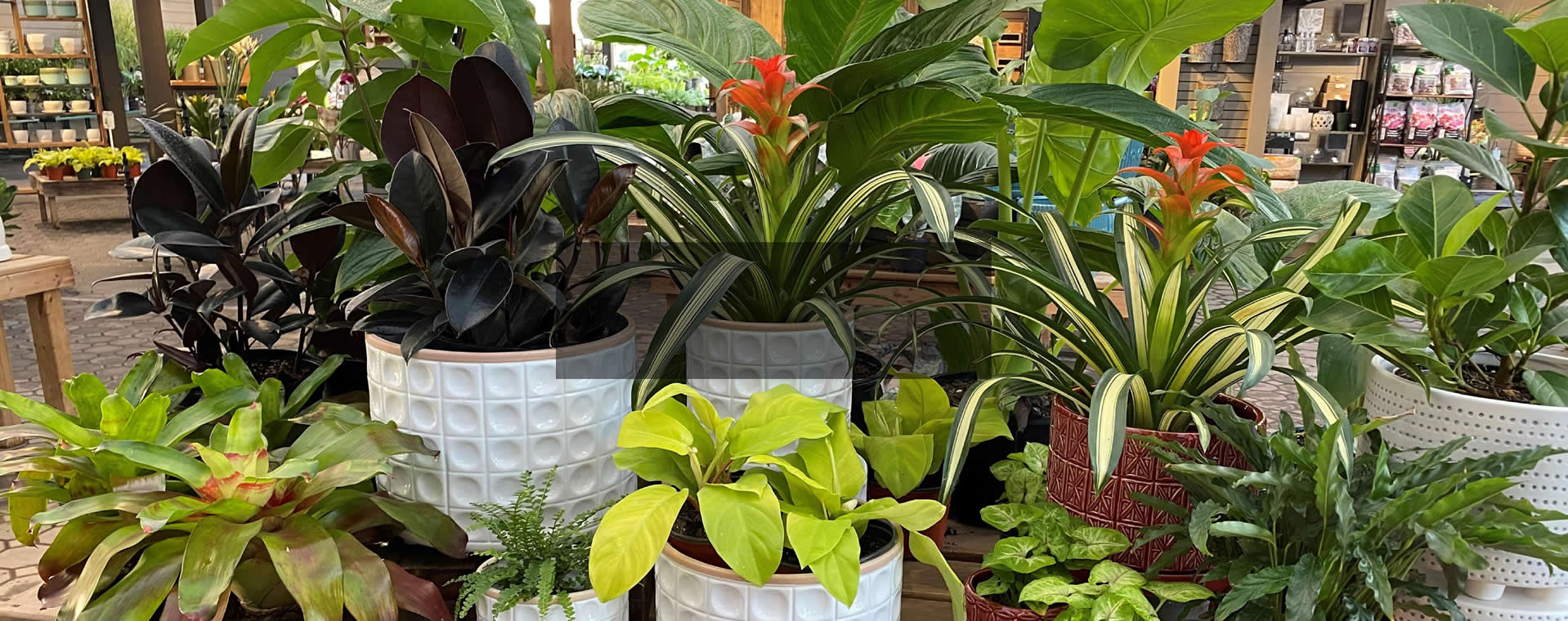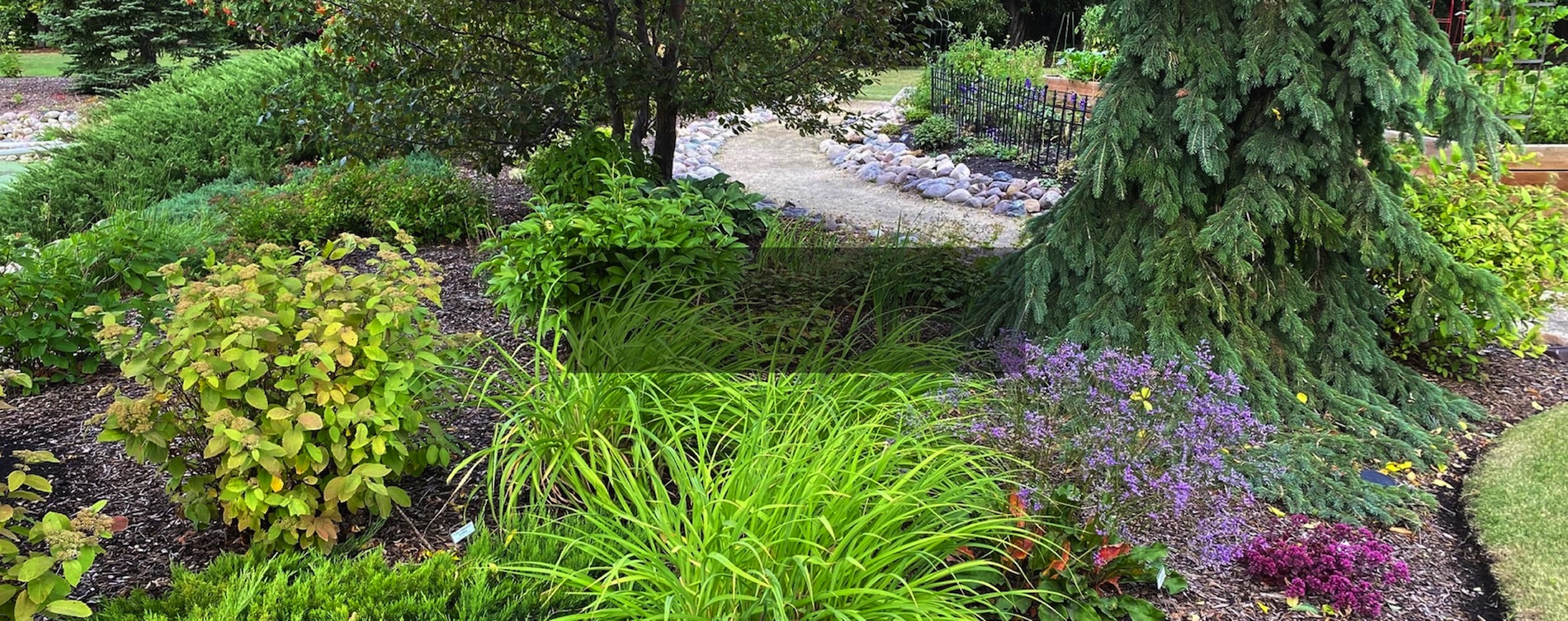Wacky Weather
Joe Gadbois, June 7, 2024

I firmly believe that Alberta is one of the most challenging places in the world to garden. While everywhere has its challenges, there can be no doubt that in places with longer growing seasons, milder winters, and more reliable precipitation, it’s much easier to have gardens that are lush and productive. Yet, Albertan gardeners are some of the most determined around, and I have seen some pretty world-class gardens here. But if you’re just getting into gardening, you may be wondering: how do I deal with this wacky weather we keep getting, and how does it affect my plants?

In Alberta, each year presents its own set of challenges (sometimes more than one), and as gardeners we must be ready for any scenario. The last few summers were very hot and dry (although we did get some much-needed rain last summer after a very hot and dry spring). This spring has been a completely different scenario, with colder and wetter conditions that what we’ve become accustomed to recently. The biggest challenge has been with warm growing vegetables, such as squash, melons, peppers, and tomatoes; and with bedding plants as well. We were still getting frost warnings up until 2 or 3 weeks ago, and night temperatures were still too cold to leave these plants out overnight until recently. With very few days hitting 20C for a high and plenty of cold, rainy, and windy days, some newly planted vegetables are struggling. Squash and melons are not usually planted out until June anyway, but I can only hope we will get some heat soon so these plants can thrive! On the other hand, the cooler weather keeps plants such as lettuce and radishes from bolting. If you have vegetables and bedding plants outside, keep an eye on the forecast this weekend (June 8/9); where I live, a low of 2C is predicted tomorrow night, which will mean bringing all my annual pots inside and covering all my tender vegetables such as tomatoes, peppers, and melons. Newly planted perennials and shrubs which are hardened off and hardier veggies such as carrots, garlic (which overwintered outside), and peas I’m not worried about.

The cool weather has been good for alpine plants and bulbs (and spring blooming perennials in general), which are looking great, and their flowers are lasting a long time. Last year’s hot spring was terrible for these plants, which barely bloomed at all. The wind we have been getting is a definite annoyance, and particularly new plants which are not fully hardened off need protection from the gusts. If fragile perennials and annuals such as bleeding hearts get damaged by wind, fear not as if they are trimmed back, they will rebound, especially with some fertilizer. There is still plenty of time in the season for plants to grow. A 15-30-15 fertilizer or similar is ideal for all flowering plants.

The big elephant in the room is our long and cold Alberta winters, which now have the added problem of wild temperature swings, and this is actually harder on plants than sustained extreme cold. Calgary was traditionally the more challenging place to garden compared to Edmonton because of the Chinook winds, but we see similar winters in Edmonton now. I expected last winter to be a bit of a doozy because of the temperature dropping from above zero to -50C lows where I live in the span of a week, but I have been pleasantly surprised to have lost only a few plants, with many plants greatly outperforming my expectations. A number of plants frequently listed at zone 5 are doing exceptionally well in my zone 3b garden north of Edmonton. In fact, all the plants I did lose are zone 2 or 3! This just goes to show you that zone ratings are not written in stone and must be taken with a grain of salt (especially since they are just the opinion of whomever printed the tag or wrote the webpage). In our perennial department at Greenland, I make a real effort to put zone ratings on our signage that reflect the collective experience of myself, our staff, and our customers, and this often contradicts what is found on grower tags, which are usually printed in warmer climates where zone 4 or 5 are considered “extreme cold” trials, and the plants are in fact, unbeknownst to them, hardier than zone 4 or 5.
The reality is that plants can die for many reasons; they have limited lifespans, and they are subjected to some pretty harsh conditions here in Alberta. Perfectly hardy plants can die after a couple years or 30, even as their neighbors and less hardy plants continue to flourish. Nature claims lives unselectively and without prejudice or regard for our arbitrary zone ratings. Our yards contain many microclimates which we must identify through some educated guesses and some trial and error and figure out what grows well where. What can you do to help prevent winter death? Of course, don’t plant things that are completely out of zone and expect them to survive. But also, start by planting the right plant in the right location, with the right technique, and invest in your soil by adding plenty of organic matter to it. Also make sure plants are watered in well just before freeze-up. These steps give any plant the best chance of survival. For extra winter protection, perennials and shrubs can be mulched with bark or straw once the ground has frozen. Shrubs can be covered with an empty box used as a frame to hold the mulch around the plant. Burlap screens can be used to protect evergreens such as cedars that are susceptible to winter kill from cold winds and sun reflecting off the snow or siding. But the point I’m trying to drive across is that plants can and do die despite our best efforts (they are not immortal and should not be considered permanent unless they’re plastic), and the more plants you have, the more plants you will lose. Consider it an opportunity to try something different!

But enough about the winter. If the weather turns hot and dry this summer, we will once again be looking for ways to keep our plants watered. Many have been investing in water saving measures such as rain collection systems and have been looking for drought tolerant plants to fill their gardens (of which there are many options). During hot and dry years, trees and shrubs, especially evergreens, suffer from the lack of moisture if they don’t get regular deep watering once per week. Soaker hoses and deep root irrigators are invaluable tools that every homeowner should have to provide relief. Pests such as spider mites and leaf hoppers can run rampant in those conditions and require extra management. It’s important to be proactive with the onset of warm and dry conditions that support insect populations and start inspecting your plants regularly; early detection and treatment is key to preventing an unmanageable problem later on. Vegetables will struggle to be productive without adequate moisture and may need daily attention during a drought. Adding compost to the soil not only provides nutrients but assists in moisture retention as well. It is effective when used as a mulch. Newly planted perennials, trees, and shrubs (i.e., those planted this season) need constant moisture at the root zone, which means checking daily (or twice a day) during hot, dry weather and watering by hand at the base of the plant as needed to keep that rootball from drying out. Don’t rely on sprinklers to do this!
If this article piqued your interest and triggered more questions, this website if full of great articles in the “Helpful Tips” and “What’s Bugging” sections. Our YouTube channel is also full of informative videos! And of course, if you come into the store our staff are always happy to answer any questions you may have. Happy gardening!





